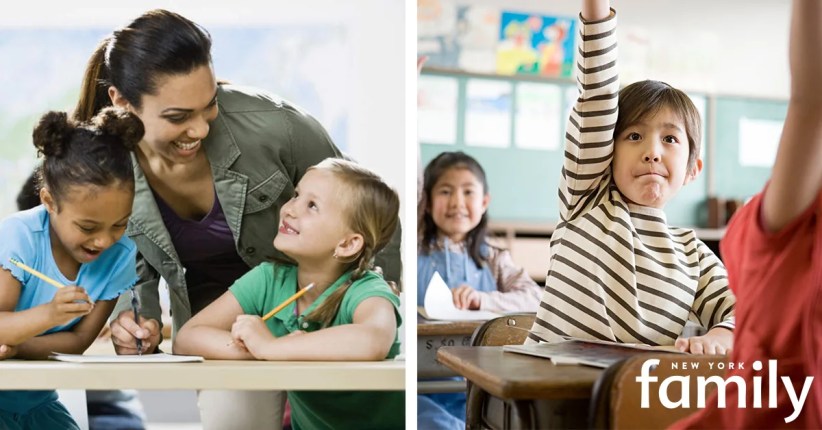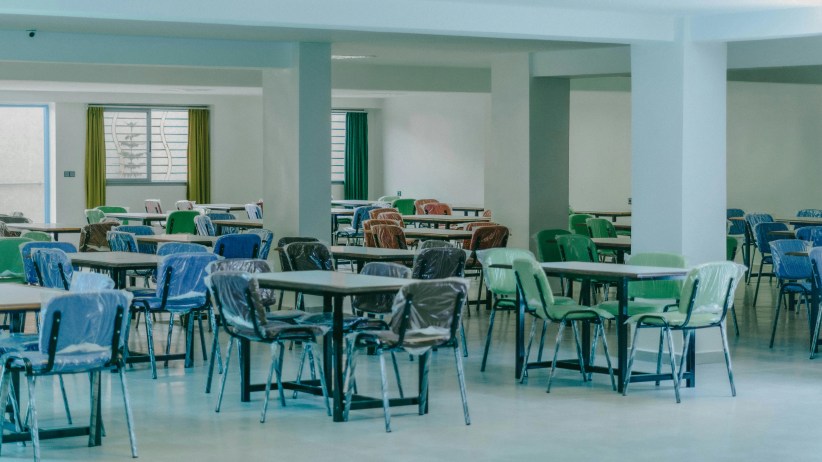The New York State Education Department awarded INCLUDEnyc, a nonprofit dedicated to helping kids with special needs live more fulfilled lives, approximately $2.8 million to serve as the Family and Community Engagement Center (FACE) for all five boroughs of New York City. INCLUDEnyc will provide direct assistance and training to young people with special needs, their families, and the people who support them in schools and organizations.
“Under the previous technical assistance program from the state, INCLUDEnyc was the parent center for the school-aged children for the four largest boroughs,” the organization’s executive director Barbara Glassman says. “Under this new technical assistance program, [we are] the Family and Community Engagement Center for both the newborn-5 and 5-21 age groups in all five boroughs.”
INCLUDEnyc’s FACE Center will partner with a newly formed Regional Partnership Center (RPC) to build the NYC DOE’s capacity for community engagement–helping the department and schools better communicate with the families they serve.
According to INCLUDEnyc, there are approximately 340,000 students with disabilities in the city, and currently, half of those students do not graduate on time–and nearly 30,000 kids aren’t receiving some or all of the services they need to succeed in school.
INCLUDEnyc’s expanded technical support will try to solve this problem through trainings that help families understand the special education process–helping kids get evaluations, making sure kids have well-written IEPs that families can understand, and helping those IEPs be implemented. “Implementation of a quality IEP should lead to better delivery rates of the related services,” Glassman says.
Lori Podvesker, INCLUDEnyc’s director of disability and education policy, says that the $3 million will also help INCLUDEnyc expand its efforts to inform families of the escalation process when there are issues in a child’s education.
“That can look like creating effective communication skills and understanding the hierarchy at the school level, and then seeing what other remedies can be explored outside of the school level–whether it is due process, which focuses on the individual student, and or bringing their concern to a regional superintendent, or DOE policies,” Podvesker says. “Such as: a related service can’t be taken away [from a child] unless there’s a new evaluation. And most parents don’t know that. So by sharing that information and bringing that up, formally or informally…that can help secure services in the interim.”
Glassman emphasizes that by serving as the city’s Family and Community Engagement Center, INCLUDEnyc hopes to create an environment of inclusivity where “parents and professionals and community members are all going to be receiving the same information and working towards a common goal. That’s what we hope for.”
For more information on INCLUDEnyc and its services, including FACE, workshops, the Help Line with interpretation in more than 200 languages, digital resources, and more, visit the INCLUDEnyc website.






















